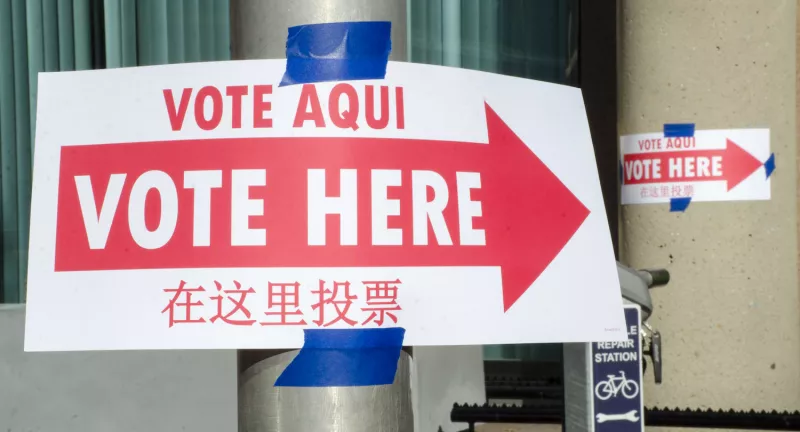Covid-19
Academic Research
-
Journal Article
Understanding Latino Political Engagement and Activity on Social Media
Political Research Quarterly, 2025
-
Journal Article
Reports & Analysis
-
Analysis
How Americans’ Confidence in Technology Firms has Dropped
Results from the American Institutional Confidence poll's second wave show that the public's confidence in technology, and tech companies, has markedly decreased over the past five years.
June 14, 2023
-
Analysis
Latinos Who Use Spanish-Language Social Media Get More Misinformation
That could affect their votes — and their safety from covid-19.
November 8, 2022
News & Commentary
-
News
Latinos Who Rely on Spanish-Language Social Media Content More Likely to Believe False Political Narratives
New research sheds light on Latino online political engagement and susceptibility to false claims
November 19, 2024
-
News
Jennifer Allen and Christopher Barrie to Join CSMaP and NYU Faculty
At CSMaP, Allen and Barrie will serve as core faculty members leading research projects on urgent topics related to digital media and democracy.
May 1, 2024



